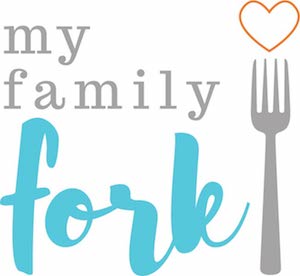
Children have an innate sense of what their bodies need. They are naturally in tune with their body’s signals of hunger and fullness. When we start to influence how much they eat, they start to second-guess their body’s cues. They love and trust us so much, their confidence in their body’s wisdom begins to waver. With time and persistence on our part, they may completely lose touch with what their body tells them. How many adults do you know who eat when they aren’t hungry, or eat until they are uncomfortably full? I work with many adults who have lost the ability to recognize hunger and fullness cues and I see how it impacts their relationship with food. It takes a lot of work to restore this mind-body connection.




